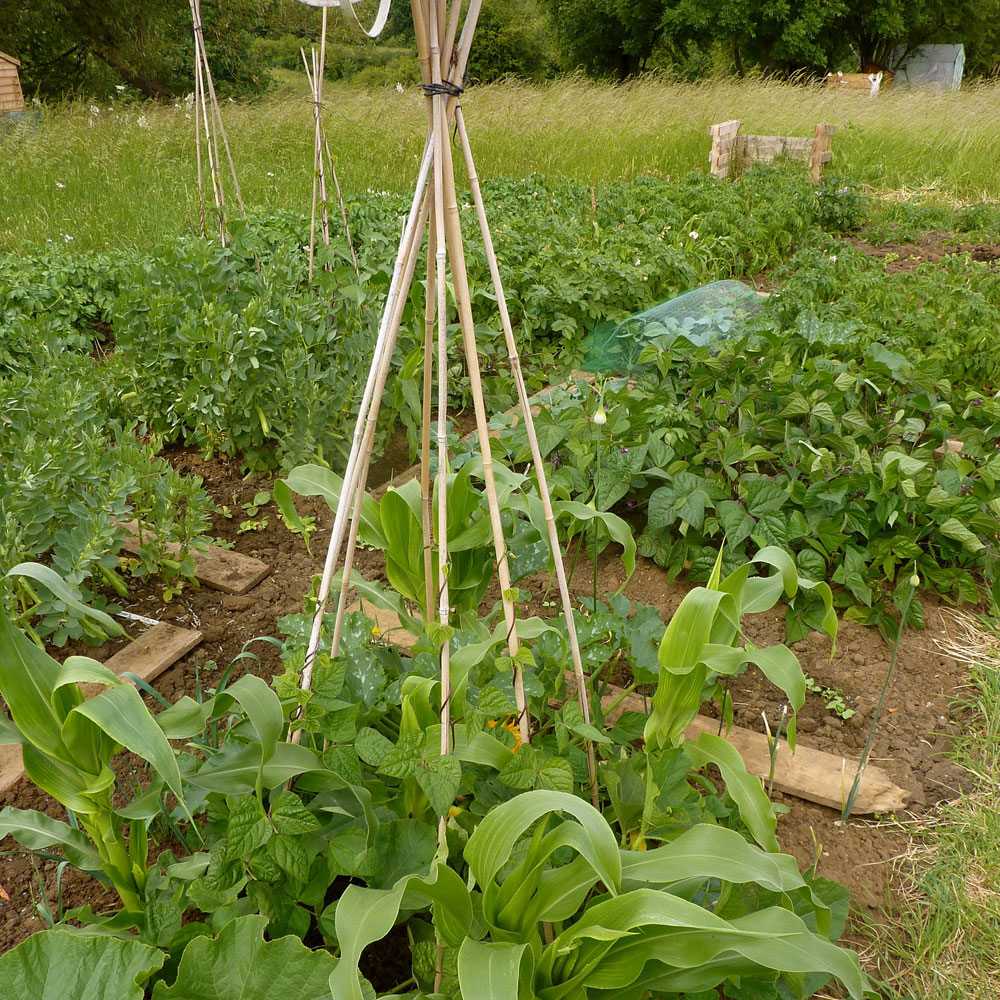
May 3, 2020; Minnesota Public Radio, “Agriculture”
While many nonprofits suffer from a lack of clarity about their future fit in a transformed landscape, some are forging ahead, because what they work on has everything to do with our future aspirations. The story of the Native American Dream of Wild Health is one case.
The 22-year-old organization runs an organic farm in Hugo, Minnesota, and was in the midst of expanding its land from 10 to 30 acres before the pandemic took hold. It also intends to install greenhouses and a new irrigation system if they can raise the money. All will increase their food production.
The group explained in a news release that the move “comes in a time when the community is reeling from the economic and social impact of COVID-19.”
Sign up for our free newsletters
Subscribe to NPQ's newsletters to have our top stories delivered directly to your inbox.
By signing up, you agree to our privacy policy and terms of use, and to receive messages from NPQ and our partners.
The high rates of poverty and health disparities in Native communities heightens the effects of COVID-19. Dream of Wild Health youth and family participants are expressing an increasing need for access to food. The organization is working to expand food access immediately to respond to this need.
The organization takes both the short and long view into account, as they acknowledge it will take some time to ready the land for organic farming. “We’re already seeing food insecurities,” says executive director Neely Snyder. “I can just imagine…some time in the future, with businesses closing and all the schools closing, that the need for food access in our community is really going to increase, and so now we are looking at this as an urgent need for our community to start growing sooner rather than later.”
Jessika Greendeer, farm manager and seed keeper, says that in the short term the organization has changed its style of farming to achieve more social distancing even while growing more intensively on its current land. The farm, she says, specializes to some extent in “culturally appropriate foods—foods that our Native community cannot find in the grocery stores or even inside of co-ops, so that includes a lot of our Indigenous varieties of corn, beans and squash, as well as sunflowers and food products that all of those (crops) produce.”
Meanwhile, the organization is considering how they can speed up the process of remediating the soil on its new acreage to attend to what they see as a likely increase in the need for healthy traditional foods.—Ruth McCambridge











